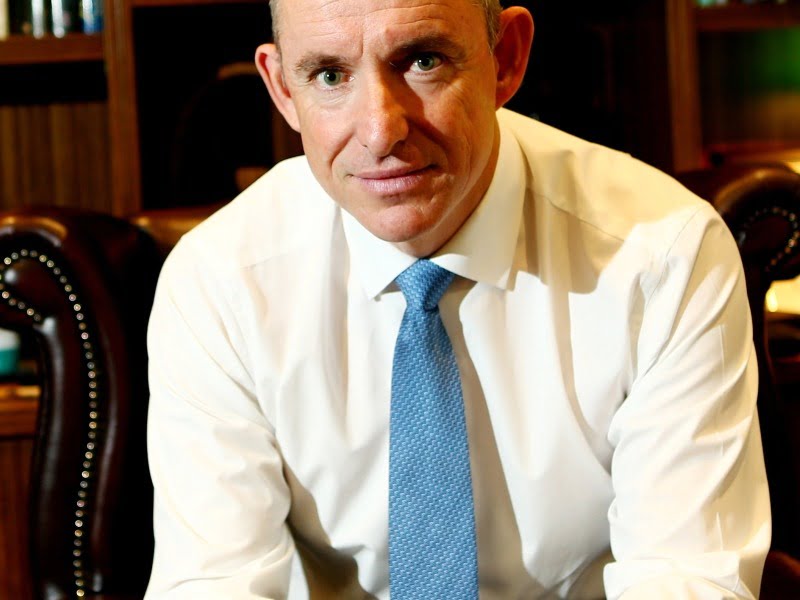The Australian Data and Digital Council’s future remains unclear and is officially “under review” after the COAG model within which it operates was scrapped earlier this year.
Prime Minister Scott Morrison announced in May that the COAG model would be scrapped and replaced by the formation of the National Federal Reform Council, with a number of Ministerial Cabinet subcommittees focusing on key areas.
Data and digital issues were not included in the initial list of key areas, with further consultation having taken place with the state governments.
The Australia Data and Digital Council was established less than a year ago, and was the newest subcommittee to be set up under the COAG model.

The council was elevated to full ministerial council status in August. It is made up of state and territory ministers responsible for digital and data matters and chaired by federal Government Services Minister Stuart Robert.
The council had been tasked with urgently establishing national API standards for securely exchanging data between jurisdictions and outside third parties.
While its future remains unclear, the Data and Digital Council has continued to meet, holding its monthly teleconference on Friday.
The communique for the meeting notes that the council is “currently under review”.
Government Services Minister Stuart Robert and the state and territory data-focused ministers discussed the need to better share data during the COVID-19 pandemic, the need for a uniform approach to digital identity and digital inclusion issues.
The ministers agreed to develop a National Digital Identity Roadmap, ensuring that each state’s own digital identity efforts fit with the federal government’s GovPass program and its Trusted Digital Identity Framework, a set of policies and rules used to accredit governments and companies looking to be a part of the digital identity ecosystem.
“Taking a national approach will ensure consistency and interoperability across jurisdictions on digital identity verification, support the ability for commonly held digital identities to be re-used across jurisdictions and provide better, more convenient experiences for people and businesses interacting with government and across government boundaries,” the communique stated.
The federal government’s digital identity project, GovPass, has suffered a number of delays and cost blowouts. More than $200 million has now been sunk into the program, which is still in a beta phase.
There had been plans for the government’s own digital identity service, myGovID, to be integrated with myGov by the end of the 2019-20 financial year, but this was delayed due to issues being discovered during testing.
The Digital Transformation Agency, which is leading the project, is preparing to launch an awareness campaign for the digital identity play, which has largely remained in the shadows to date, much to the chagrin of some Senators.
The DTA has also recently looked to bring in private contractors to assist with plans to monetise the scheme, with state governments likely to be charged to be a part of the program, and to assist with accrediting private companies.
Do you know more? Contact James Riley via Email.

